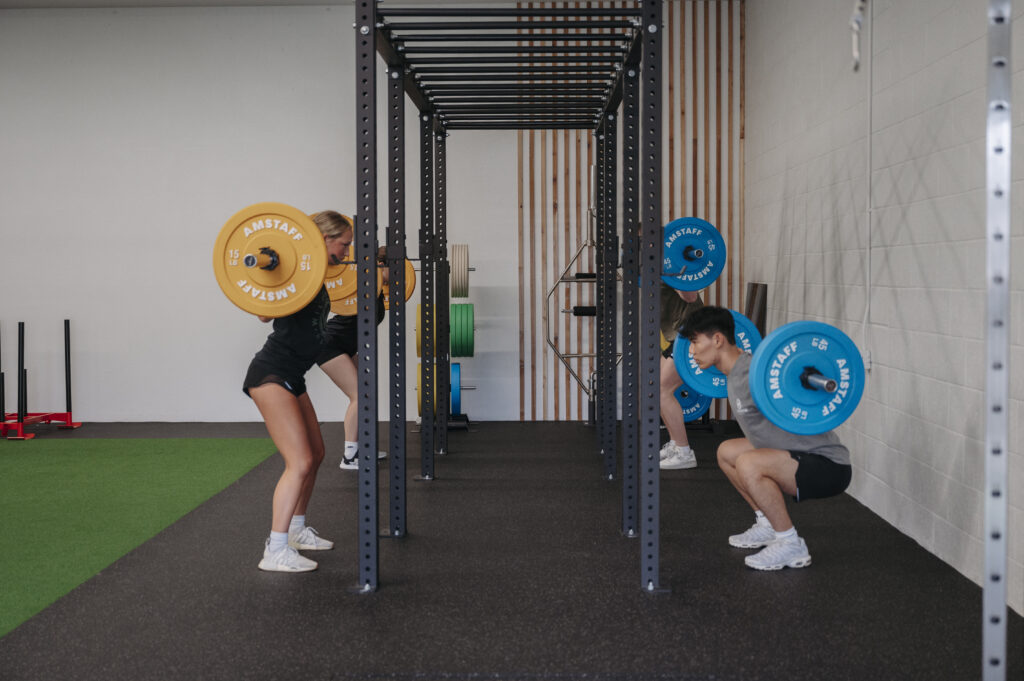Strength training is increasingly recognized as a fundamental component of athletic development, even for young athletes. While many may associate weightlifting with older or more advanced athletes, the benefits of strength training for youth are extensive and multifaceted. Integrating strength training into a young athlete’s regimen can significantly enhance their overall performance, health, and psychological resilience.
Enhancing Athletic Performance
One of the most immediate benefits of strength training is the improvement in athletic performance. For young athletes, developing muscle strength is crucial for optimizing power, speed, and endurance. Whether they are sprinting, jumping, or engaging in sport-specific skills, stronger muscles can generate more force and sustain effort for longer periods. This translates into better performance on the field, court, or track.

Reducing Injury Risk
Strength training plays a pivotal role in injury prevention. Growing bodies are prone to various injuries, particularly from high-impact sports or repetitive movements. Strengthening muscles, tendons, and ligaments helps to provide better support to the skeletal system, which reduces the likelihood of strains, sprains, and fractures. Additionally, strengthening the core muscles improves stability and balance, which can further protect against falls and other accidents.
Promoting Healthy Growth and Development
Incorporating strength training into a young athlete’s routine can support overall growth and development. Resistance exercises can enhance bone density, which is crucial during the adolescent growth spurt. Increased bone strength reduces the risk of stress fractures and other bone-related injuries. Moreover, engaging in regular strength training promotes better posture and alignment, contributing to a more balanced and healthy body.
Building Mental Resilience
Strength training is not just about physical benefits; it also fosters mental toughness and discipline. The structured nature of strength training, with its focus on incremental progress and goal setting, helps young athletes develop perseverance and a strong work ethic. These qualities are transferable and can improve performance in both sports and other areas of life.

Encouraging Long-Term Fitness Habits
Introducing young athletes to strength training sets the stage for lifelong fitness habits. Learning proper technique and understanding the importance of strength training early on encourages a positive attitude towards exercise. This foundation can lead to a lifelong commitment to fitness and well-being.
Safety and Supervision
It’s crucial for young athletes to engage in strength training with appropriate supervision and guidance. Working with a knowledgeable coach or trainer ensures that exercises are performed correctly and safely. Programs should be tailored to the athlete’s age, sport, and physical condition to maximize benefits and prevent injuries.
In summary, strength training is a powerful tool that can greatly benefit young athletes. It enhances performance, reduces injury risk, supports healthy growth, builds mental resilience, and fosters long-term fitness habits. When done correctly, it can be an invaluable part of a young athlete’s development, paving the way for both immediate success and lifelong health.






